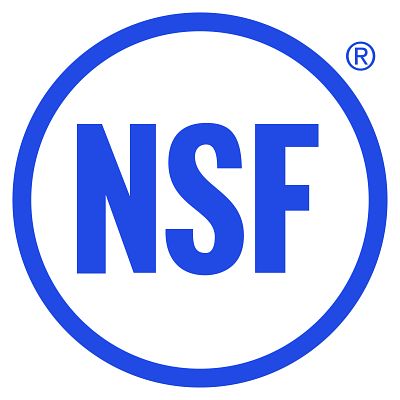NSF research shows that a significant shift towards ethical consumerism is underway, with 64% of Spanish consumers demanding animal wellness compliance from food companies.
Almería, Spain (April 23, 2024) – NSF, a leading global public health organisation, announced today its compelling research findings on the attitudes and expectations of Spanish consumers towards animal wellness. According to the research conducted across a representative sample of 1,000 consumers in Spain, animal wellness significantly influences consumer choice.
“Animal wellness should not be a marginal concern for brands anymore; it’s a defining feature of ethical consumerism that is increasingly impacting purchasing decisions,” said Dr Elaine Vanier, a veterinarian and the animal wellness program lead for NSF. “Animal wellness is about doing the right thing for the animal and refers to the quality of life experienced by animals in the food supply chain. This includes physical and psychological health, living conditions, and how animals are handled and treated. It substantially impacts sustainability, product food safety, and the responsible use of antibiotics and medication. Our research reiterates the weight consumers place on this matter. We are increasingly called upon to support brands committed to putting these values into practice across their entire protein supply chain.”
The study highlighted that most Spanish consumers deeply value the importance of companies demonstrating consistency and compliance in animal wellness throughout the global supply chain and are willing to pay a premium for products certified by a third-party organisation for animal wellness.
Key findings from the study include:
- 64% of Spanish consumers say animal wellness is either very or extremely important to purchasing decisions. This increased to over 72% for females.
- 69% of Spanish consumer said it was very important or extremely important that companies demonstrate consistency and compliance with animal wellness throughout their supply chain.
- 71% declared they are more likely to purchase a product certified for animal wellness by a third party.
- Only 18% said they would be unwilling to pay a higher price for products certified for animal wellness.
- 80% expect animal products sold by international brands to comply with animal wellness standards.
- Only 1 in 5 said they were very or extremely informed of Spanish animal wellness standards.
"These findings uncover a transformative shift among Spanish consumers who are not just passive purchasers but active participants demanding responsible animal welfare practices from food companies," said Veronica Llorens, Business and Audit Manager NSF, Spain. “The fact that more than 80% of consumers are willing to pay more for animal-wellness-certified products speaks volumes about Spain's consumer conscience and their readiness to invest in ethical and sustainable choices,” continued Llorens.
The revelation that only 1 in 5 consumers described themselves as well-informed of wellness standards underscores a critical need for consumer education. “Our findings highlight a disconnect between consumer perceptions and the real standards behind labels,” Dr. Vanier comments. “Clear, certified labelling is vital to bridge this gap, granting consumers the assurance they seek when making ethical food choices.”
Amidst the increasing scrutiny from ESG monitors and investors on animal welfare, NSF's work in developing the Global Animal Wellness Standards provides a comprehensive approach to ethical food production. This initiative is crucial for companies seeking to meet their consumers’ evolving demands and ensure sustainable business practices.
NSF encourages retailers, producers, and food brands to embrace independent animal wellness certifications such as NSF GAWS as a robust framework for delivering on the promise of animal wellness. This commitment benefits all parties involved, offering long-term advantages such as reduced antibiotic use, improved feed efficiency, higher yields, and better product grading.
With the growing consumer demand for ethical food production, NSF stands prepared to guide and support the industry with expertise and solutions to advance global animal wellness.
For more information on animal wellness and NSF, visit www.nsf.org.
About NSF
NSF is an independent, global organization dedicated to improving human and planet health. For 80 years, it has developed public health standards and provided world-class testing, inspection, certification, consulting and digital solutions to the food, water, health sciences and consumer goods industries. NSF operates in 180 countries and is a Pan American Health Organization and a World Health Organization (WHO) Collaborating Centre on Food Safety, Water Quality and Medical Device Safety.
About the research
The independent research was conducted with a representative sample of respondents in Spain. The sample was controlled for gender, age, and region. A total of N=1000 interviews were collected. The study seeks to explore consumer attitudes toward animal wellness in purchasing decisions, evaluating their importance, willingness to pay, and awareness to guide companies in aligning their strategies with ethical expectations and market demands. The survey was conducted using online interviews on the TGM Research Panel. Fieldwork: January 2024.

